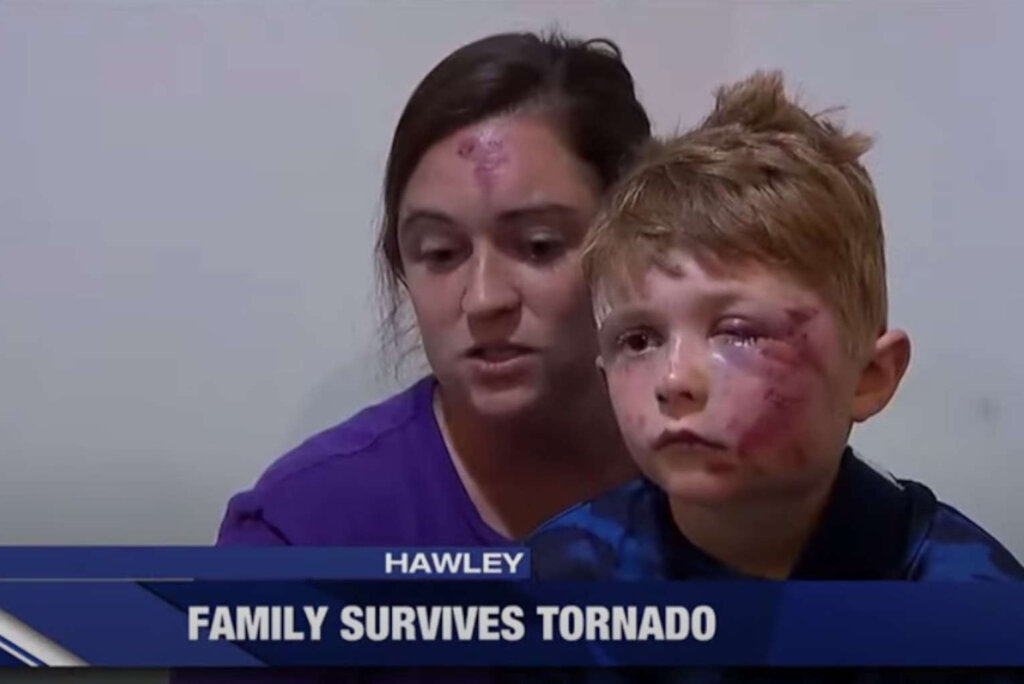The Patient Protection and Affordable Care Act (PPACA)—more commonly known as Obamacare—is the new national health care law. The principle of sharing health costs among Christian believers, however, is as old as the New Testament—and contemporary enough to be included in America’s new health care law.
“With great power the apostles continued to testify to the resurrection of the Lord Jesus. And God’s grace was so powerfully at work in them all that there were no needy persons among them. For from time to time those who owned land or houses sold them, brought the money from the sales and put it at the apostles’ feet, and it was distributed to anyone who had need” (Acts 4:33-35, NIV).
That’s the biblical rationale for the existence of Christian-based health care sharing ministries.
Christians who use a sharing ministry to meet their health care costs are employing the same principle as the early Christians. They are meeting others’ needs, in this case exclusively in the area of health care costs.
Health care sharing ministries that meet the legal criteria under the PPACA are in the law as eligible options through which members can meet the legal requirement to have health cost support.
That means ministry members need not fear penalties for not having health insurance.
This particular approach is not a new concept, as the oldest health cost sharing ministry is in its 33rd year.
The system works in a way familiar to every Christian. The membership—or congregation—makes financial gifts that are used to meet a need.
It’s the way Christians for more than 2,000 years have supported everything, from a church staff and missionaries to building programs and benevolence efforts. A need exists, whether it’s to pay a pastor or help a church member who has lost a job. Money is collected and used to meet the need.
Health cost sharing ministries function in the same way. Christian members each month either send the financial gift to a central office that distributes it to the members with needs or members send funds directly to other members.
Health care sharing ministries differ from health insurance in that there is no assignment of risk. There are no contracts. Members agree to voluntarily share in meeting each other’s eligible medical bills.
Thus, the strength of a health care sharing ministry isn’t in legal compulsion, contractual obligation or threat of legal action. The strength of a true health care sharing ministry is the faithfulness and Christian commitment of its members, who are meeting a critical life need as they support their fellow Christians.
Health care sharing ministry members technically are self-pay patients. Except they really aren’t. Each member has tens of thousands of fellow members supporting them with their financial gifts and prayers.
As technically self-pay patients, members are able to negotiate their own arrangements with health care providers. For example, a health care sharing member with significant chest pain spent seven hours in a hospital emergency room being tested for a possible heart attack or heart problems. The diagnosis was pericarditis, a painful condition that was, in this case, treatable with high doses of ibuprofen.
The bill was $8,900. As a self-pay patient, the member received a 47 percent discount on his bill. His health care sharing ministry paid 100 percent of his remaining costs. When he went to the cardiologist for a follow-up visit, he explained he was a member of a health care sharing ministry and asked the cardiologist for a discount.
The physician said that sounded good to him. His physicians’ group had six employees whose only job each day was to file insurance claims and talk to insurance companies. Instead of his normal $130 office visit, his charge to the member was $90.
Once again, a true health cost sharing ministry is not an insurance company. Members are responsible for their personal health care administration. There is not a central office handling all aspects of their care incident and simply sending them a bill or a statement. And health care sharing ministries don’t offer the same services as insurance companies.
The decision to join a health care sharing ministry should not be made lightly, quickly or without understanding that it is not a contractual legal relationship into which you’re entering; it’s joining hands with fellow Christians and depending on them with the same faith the early Christians demonstrated when they put their gifts at the apostles’ feet.
It’s a way of life and faith that worked 2,000 years ago. And it works today.
Rev. Howard Russell is president and chief executive officer of Christian Healthcare Ministries (CHM), located in Barberton, Ohio. CHM is the nation’s longest-serving health care sharing ministry. It has tens of thousands of members in all 50 states. The ministry has the Better Business Bureau’s A-plus rating as a charity. The ministry’s website is www.chministries.org.
See an error in this article?
To contact us or to submit an article























